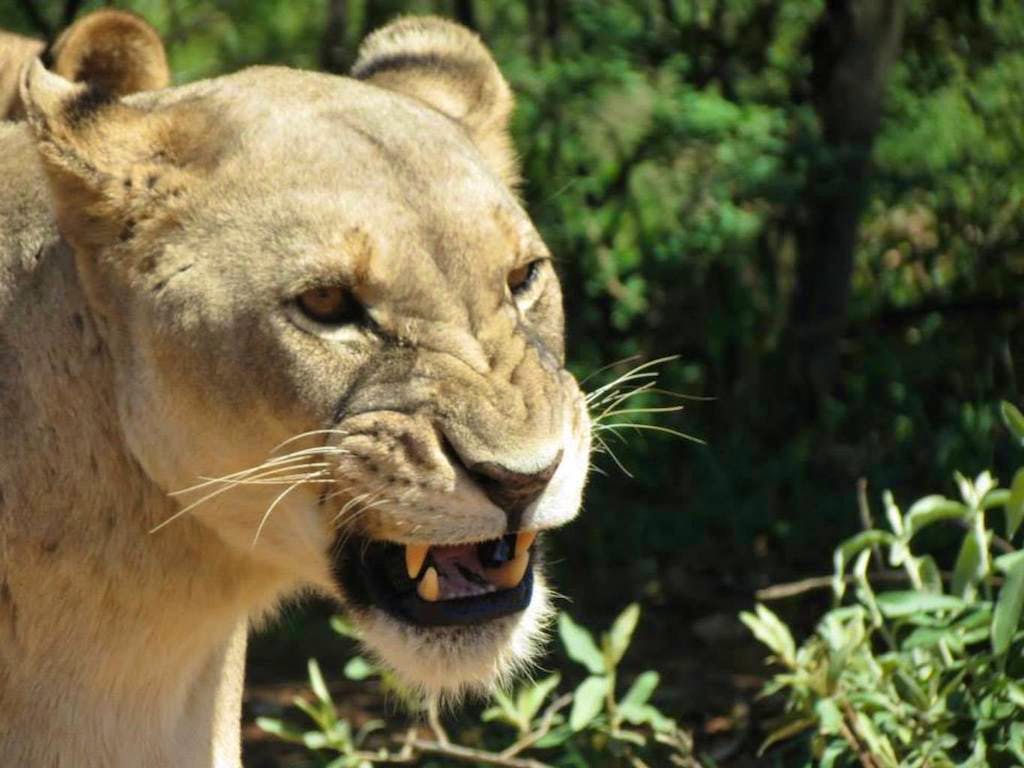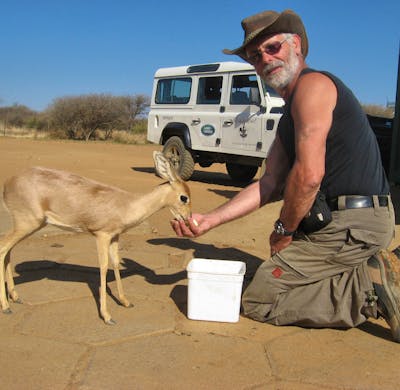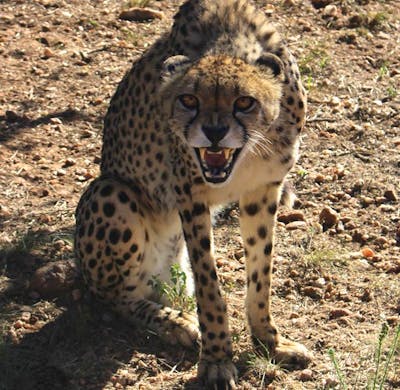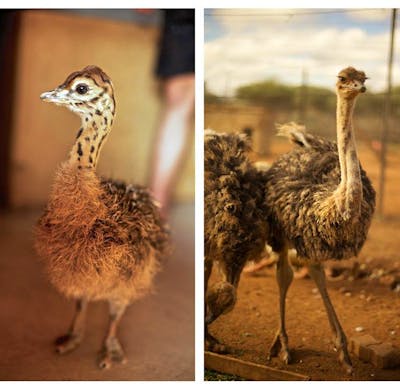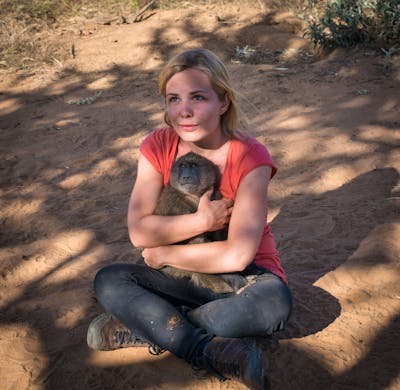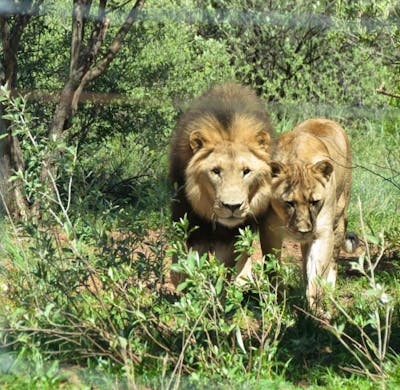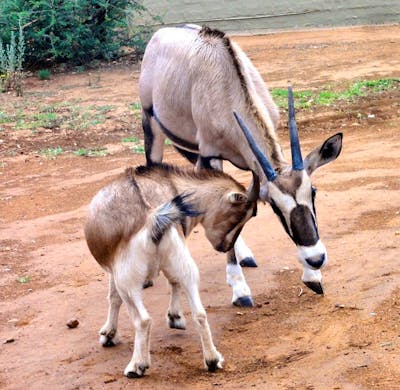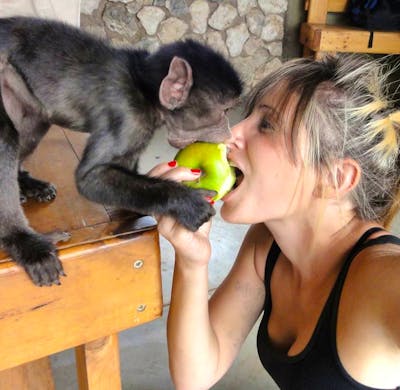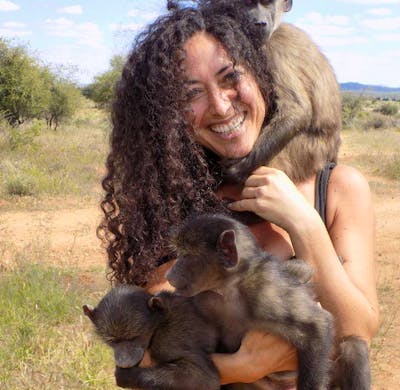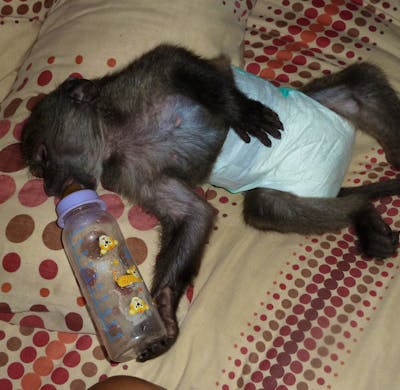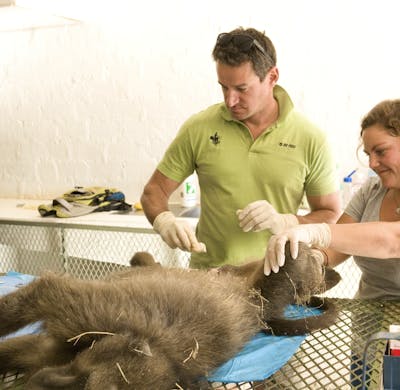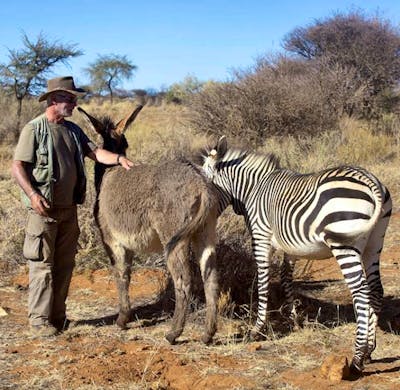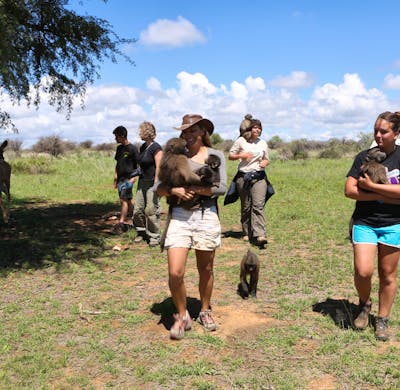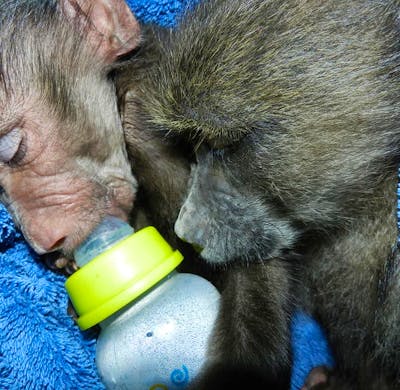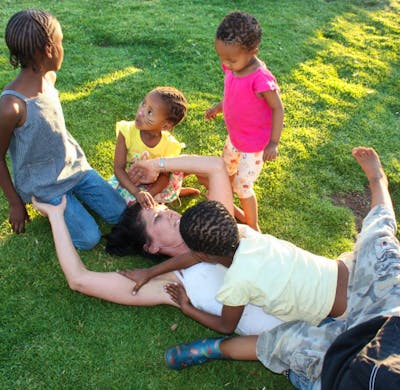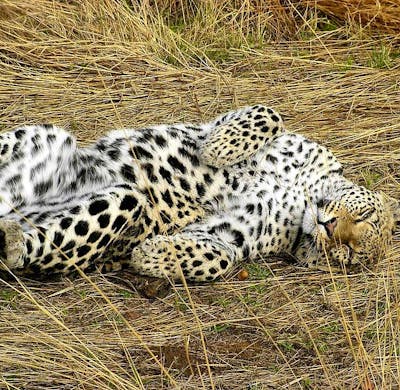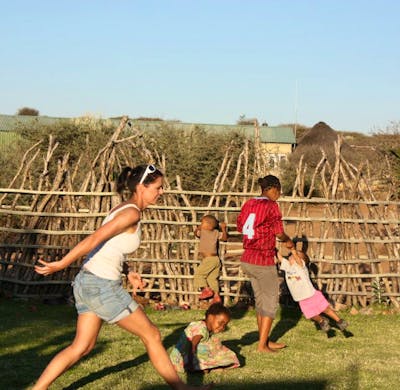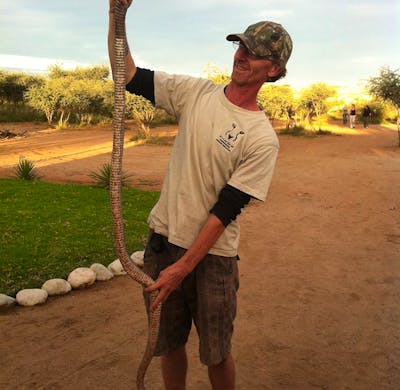2017 at Swimming & Surfing Instructor
from 1,470€
Local Wildlife Rescue and Research
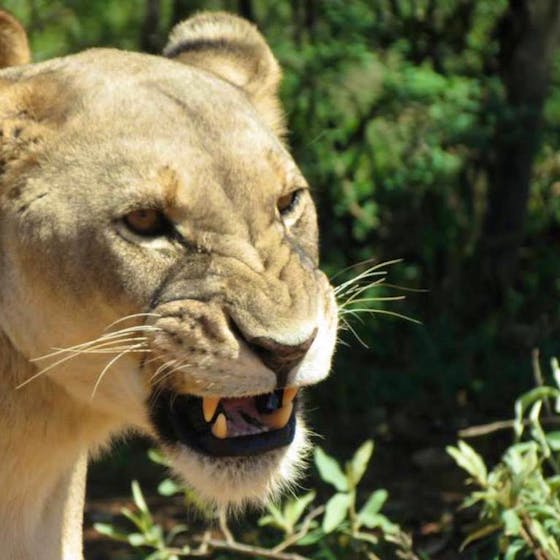
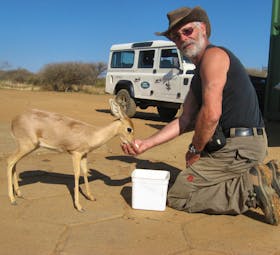
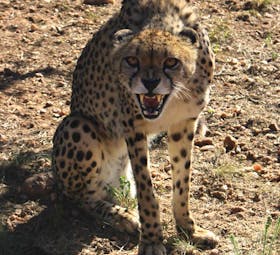
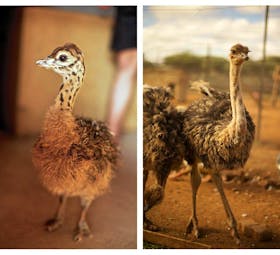
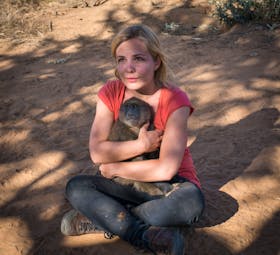
Highlights
- Volunteers will have the rare and exciting opportunity to actively participate in the conservation, rehabilitation, care and research of African wildlife
- They will also have a number of Research sites to chose from. They will continue their project on the research site of their choice.
- Preparing food and feeding the animals
- You will be living close to many wild animals in the Namibian bush and nothing beats being surrounded by a pride of lions, leopards or cheetahs
- Learn and experience how each animal behaves, reacts and what their characters are like
Especially suitable
About the program
Conserve the land, cultures & wildlife of Namibia and rescue species threatened by an ever-shrinking habitat. They will also have a number of Research sites to work on
Volunteers will have the rare and exciting opportunity to actively participate in the conservation, rehabilitation, care and research of African wildlife. They will also have a few Research sites to chose from. Research sites can be found further down within the overview. The sanctuary ...
Typical day
The volunteering schedule works on a rotational group system, which ensures every volunteer gets to experience as many of the activities as possible. The groups work two to three activities a day between the hours of 8am and 5pm. Volunteers get a short break in the morning followed by lunch from ...
Free-time activities
Free-time activities
Safaris:
3 day, 6 day and 7 day available
The safari is designed to offer a quick “snapshot” of Namibia’s world renowned Etosha National Park, before ending at the coastal area of Swakopmund.
Cultural tour:
Cultural tourism is the subset of tourism concerned with a traveler's ...
Requirements
What's Included
What's NOT included?
Details on arrival
Arrival Day: Monday
Arrival Time: Any time
Airport: Windhoek Hosea Kutako Airport (WHK), Namibia.
Departure Day: Monday
Departure time: +- 11AM – 1PM
Min Duration: 2 weeks
Max Duration: None
Min Age: 18 years old
Max Age: N/A – Medium level of fitness and healthy
Program fees
Meet your organization

SAVE Foundation
Non-profit - founded in 2007
Verified by Volunteer World
Coordinated by

Shona
About the project
59 reviews ·  4.6
4.6
Location

You might also be interested in
-
Windhoek
African Wild Dog Conservation
Cheetah Conservation
Leopard Conservation
Lion Conservation
Monkeys
Mission Trips to Africa
Projects Abroad
Big 5
Adults
Wildlife in Namibia
Mission Trips
Big Cats
Best Volunteer Programs
Global Volunteer Opportunities
Couples
Group Volunteering
Volunteer Trips for College Students
Voluntouring
Animals in Africa
African Wildlife
Cheetah Wildlife Sanctuary
50 Plus Volunteering
